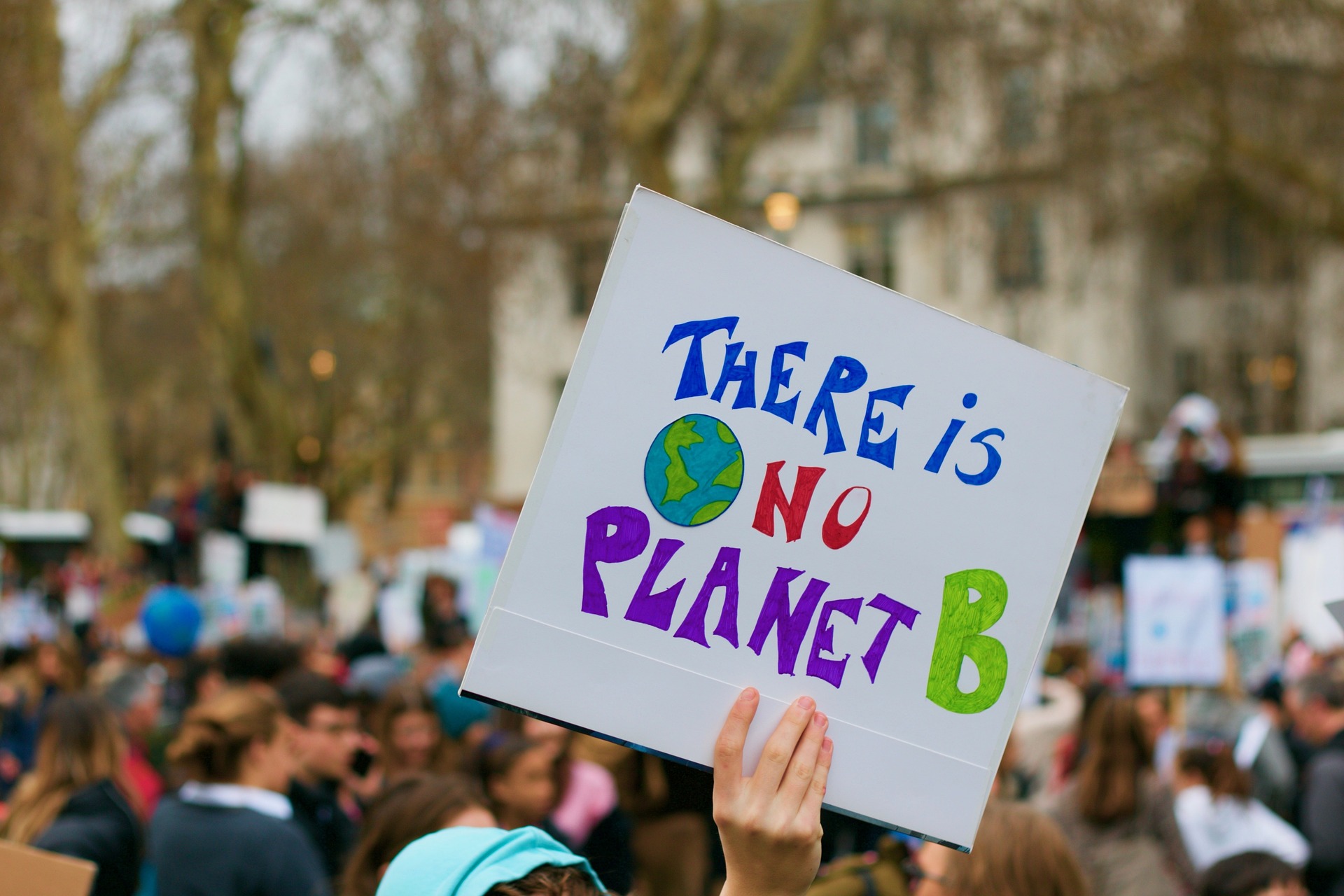The Influence of Climate Change on Environmental Law
Climate change is an ever-growing concern, significantly influencing the landscape of environmental law. The legal fraternity worldwide is responding by evolving legislation and policy to address this existential threat. Read below to learn about the impact of climate change on environmental law and how it's shaping the legal industry's future.

Environmental Law: A Brief Overview
Environmental law focuses on regulations and laws designed to protect the natural world from human activities that might cause harm. It’s a vast field encompassing various laws, treaties, conventions, regulations, and policies at both national and international levels. Environmental law has been a key tool in the fight against climate change, aiming to control pollution and conserve natural resources.
Climate Change and its Legal Implications
Climate change has profound legal implications, primarily because it challenges the effectiveness of existing environmental laws. The laws that once seemed sufficient are now being questioned, given the magnitude and complexity of climate change. This has led to an urgent need for a legal framework that can effectively address issues like carbon emissions, deforestation, and increasing temperatures.
The Evolution of Climate Change Litigation
Climate change litigation is a relatively new phenomenon but is rapidly gaining momentum. It’s an effective tool for holding governments and corporations accountable for their actions contributing to climate change. From landmark cases like Massachusetts v. Environmental Protection Agency in the U.S. to Urgenda Foundation v. The State of the Netherlands, climate change litigation is increasingly shaping environmental law globally.
The Role of International Law in Climate Change
International law plays a crucial role in addressing climate change. The Paris Agreement and the Kyoto Protocol are significant international legal instruments addressing climate change. However, the enforcement of these agreements often remains a challenge due to the differences in national interests and capabilities. Yet, these international laws set the stage for a global response to climate change, influencing national legislation.
Emerging Trends in Climate Change and Environmental Law
Emerging trends in climate change and environmental law include the rise of “rights of nature” laws, where ecosystems are given legal rights. There’s also an increasing focus on “climate justice,” reflecting the need to address the uneven impacts of climate change. Additionally, the concept of “corporate social responsibility” is becoming legally enforceable in some jurisdictions, requiring businesses to consider their environmental impact.
Useful Tips and Facts: - Keep up-to-date with the evolving field of environmental law, as it’s rapidly changing due to climate change. - Be aware of the growing trend of climate change litigation. - Understand the impact of international law on national environmental legislation. - Know the emerging trends in environmental law like “rights of nature” and “climate justice.”
In conclusion, climate change has a profound influence on environmental law, necessitating significant shifts in legislation and policy. As climate change continues to pose unprecedented challenges, the legal fraternity must adapt and evolve to protect our planet effectively. As citizens, staying informed about these changes can help us to comprehend the magnitude of the issue and contribute to the global fight against climate change.




